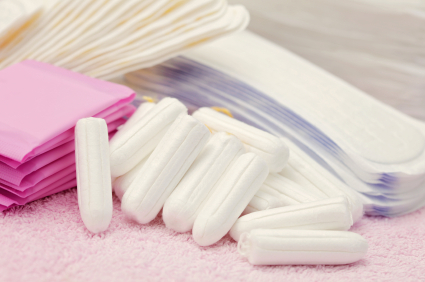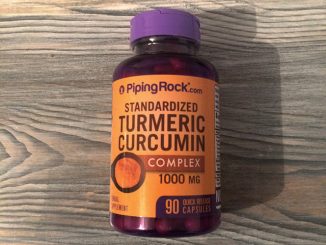
The New Zealand government said they will begin to provide free sanitary products in schools across the country to help tackle period poverty, a problem that affects young girls and women of all ages throughout the world.
Period poverty refers to the inability to access menstrual products, because of financial difficulties and often leads to women missing work, college or school.
In a recent statement, Prime minister Jacinda Ardern said it is believed that almost 95,000 girls below the age of 18 stay home from school during their periods because they cannot afford to buy period products.
“By making them freely available, we support these young people to continue learning at school,” Ardern said.
As this problem is global, it is important to question whether or not other countries, especially Ireland, are doing all they can to fight period poverty.
More than half of young women across Ireland are struggling to afford period products on a regular basis. Products that are a fundamental need in a woman’s life. So, why is it that period poverty is still a big issue?
According to Plan International, a woman can spend on average €132 on period products a year, amounting to almost €8100 across their lifetime.
Kirsten Lee, a pharmacy worker, explained how a packet of Always Ultra pads cost the pharmacy 84 cents to buy, but they retail for €3.60 each. Period products should not be so expensive, considering there is no VAT on pads and tampons.
Late last year, minister Simon Harris announced that the HSE will provide free condom dispensers to all third level institutes in Ireland, giving students access to condoms and information booklets.
While this is a great initiative, why can’t we have free menstrual products in all third level institutes, or better yet, why can’t all members of the public have free access to period products, as well as condoms?
Both are as equally important than the other, yet there is still a lot of unnecessary stigma around periods.
Condom dispensers also give students access to sexual health information, the same education and information should be given about periods.
Soon after this movement passed, the Union of Students Ireland (USI) voted in a campaign to make period products freely available nationwide.
This movement was proposed by USI Vice President for Equality and Citizenship, Megan Reilly, as she stressed the importance of access to free and sustainable menstrual products at the national council meeting.
However, it’s not just students who want to see change. The Homeless Period Ireland (HPI) was set up in 2016 to help tackle period poverty. They have regular donation points for people to leave period products.
These donations are then brought to homeless outreach centres, direct provision centres and women’s refuges.
Claire Hunt, who is currently directing the HPI, said she wants the government to take action, just as the Scottish government has done in recent months.
The Scottish government has been giving free period products to women in need since 2017, starting by giving products to women living in low income households in Aberdeen. In August, they dedicated £5.2 million to free period products in schools across Scotland.
There has also been an initiative set up by three Scottish girls that promotes football clubs to provide free products to female fans. Off the Ball started in Celtic stadium and has now branched out to 150 clubs.
While this campaign was developing, it received a lot of backlash as people didn’t understand the need for menstrual products in a football stadium.
The founders of Off the Ball said, “we made a decision to take any backlash as an opportunity for healthy debate and have been able to change people’s minds this way.”
This campaign is starting to make its way to Ireland, as a football club in Dublin, Shamrock Rovers and another in Drogheda are now providing free products for female supporters.
These movements help to start a conversation about period poverty, so people can educate themselves and realise there is nothing wrong or taboo about a woman’s natural body function.
The Irish government is beginning to take action. In March, an all-female cross-party motion on period poverty was passed in the Dáil. This movement aims to provide free menstrual products to all members of the public and a better education on the issue.
Deputy Catherine Martin said in order to remove the stigma around periods, the “access to affordable sanitary products and menstrual education must be viewed in a human rights context.”
Deputy Martin mentioned that the UN Human Rights Council believes the stigma and lack of management has a negative effect on gender equality.
Dublin City Council have recently allocated €100,000 in their budget to provide free products in council owned buildings.
This initiative was proposed by Labour councillor, Rebecca Moynihan, in hope it is used as a “template for other councils” in Ireland to do the same.
Despite these movements, the HPI is still dedicated to collecting and distributing donations. Claire Hunt believes that some women, such as those in Direct Provision, will continue to feel stress and discomfort when having a period in difficult circumstances.
Ireland is taking a step in the right direction, tackling period poverty, removing the stigma and proving to women there is nothing to be ashamed of. According to Claire Hunt, “when we all have access to period products only then will we end period poverty.”
Note: This article was reuploaded on 04/04/21 due to a fault with The College View website.
Emily Clarke
Image credit: Period Leave



